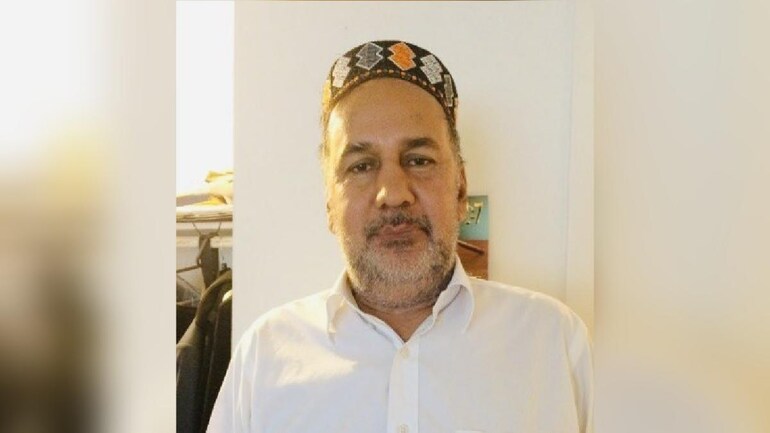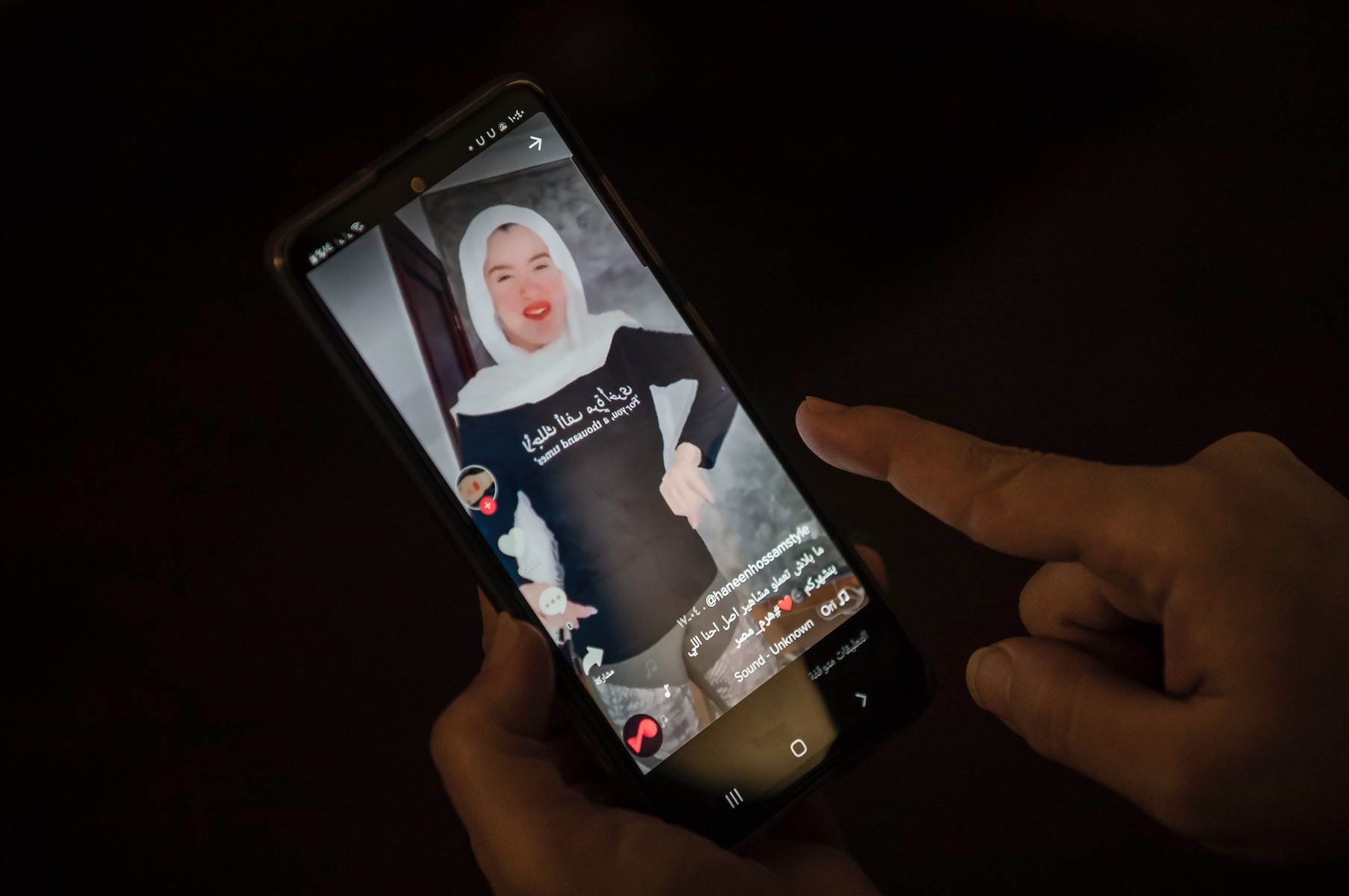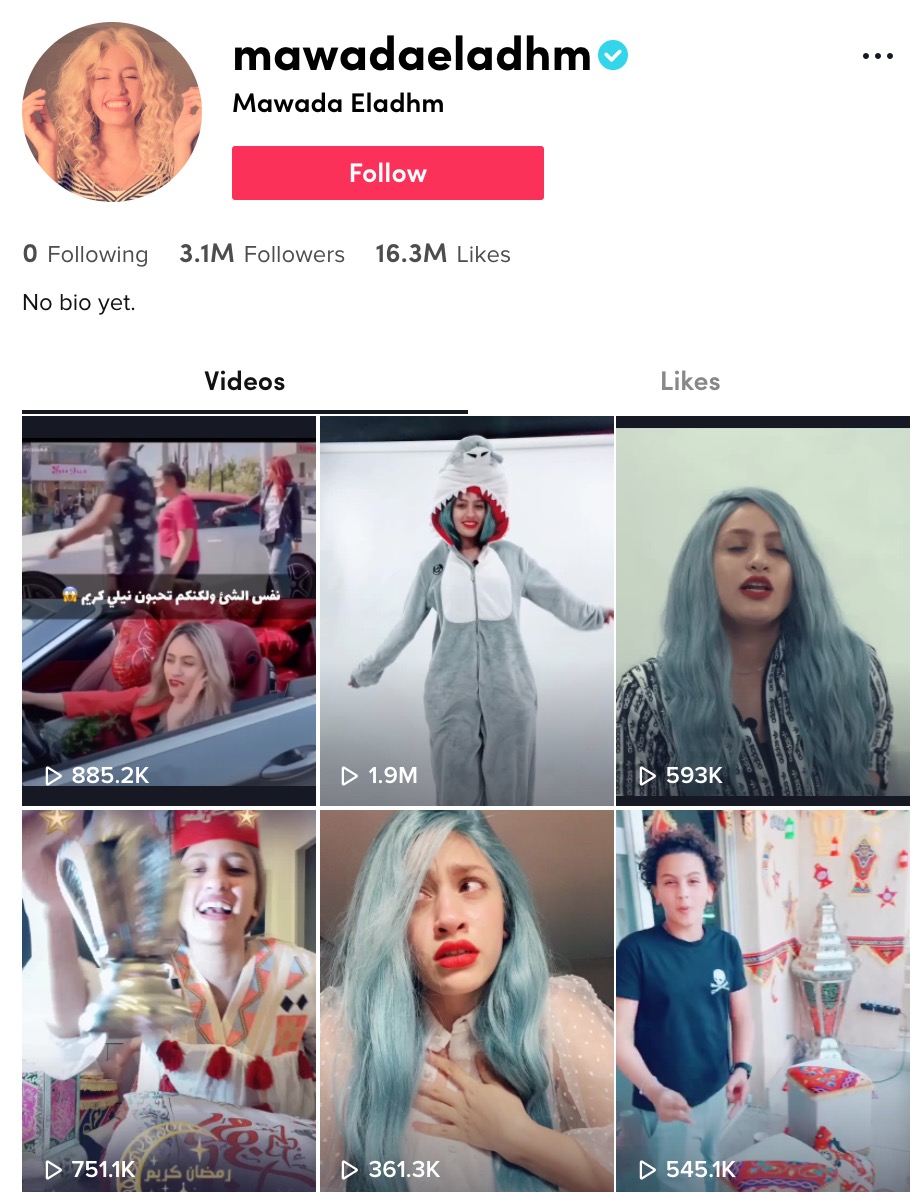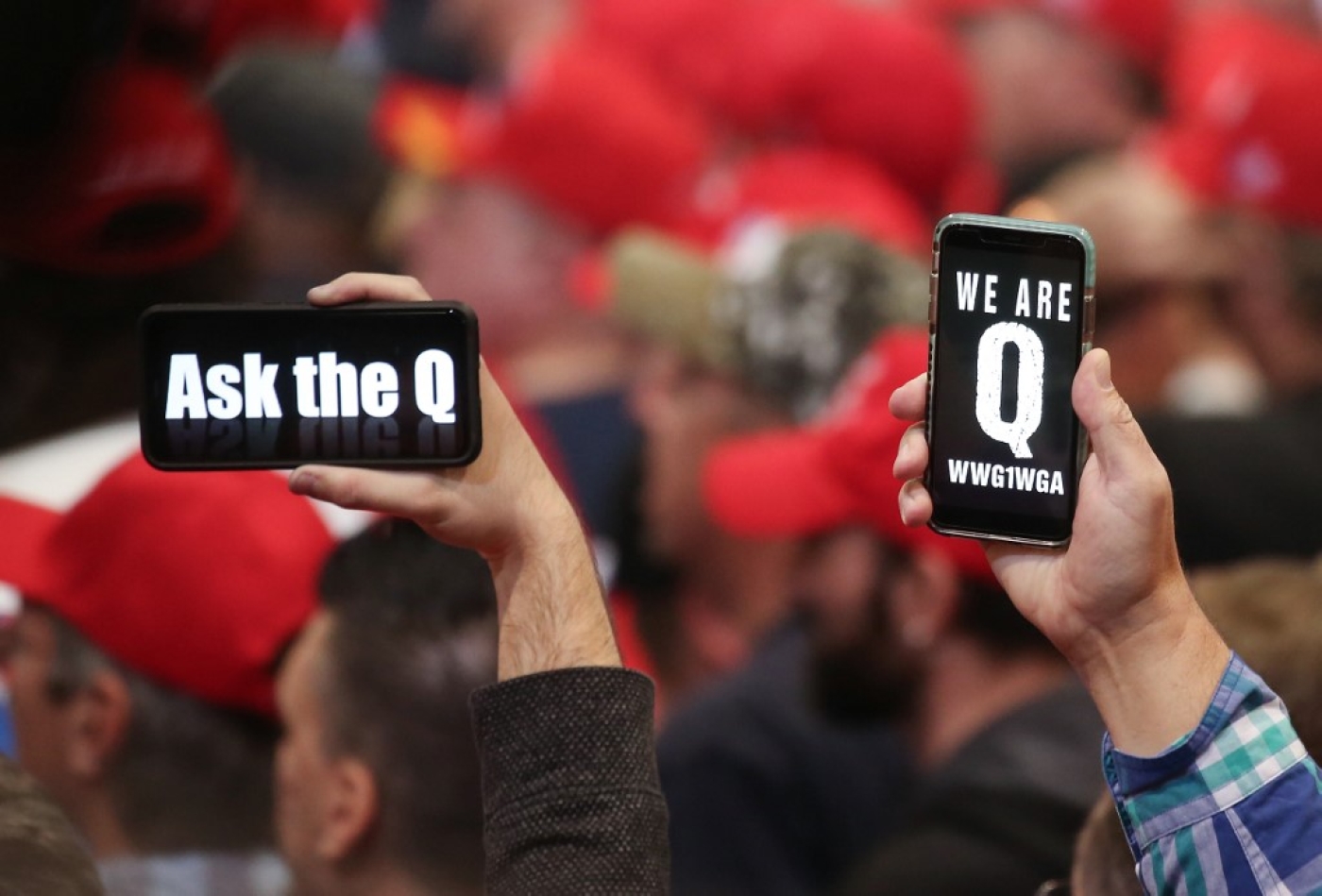Pakistan: Ahmadi man accused of blasphemy shot dead before judge in Peshawar courtroo

Press Trust of India Peshawar UPDATED: July 30, 2020

Tahir Ahmad Naseem was arrested two years ago on blasphemy charges. (Photo: Twitter/BilalMahmoodUK)
An elderly man from the minority Ahmadi community, facing trial for blasphemy, was shot dead on Wednesday in front of the judge in a local court situated in a high-security zone in Pakistan's Peshawar city, police said. Tahir Ahmad Naseem, who was arrested two years ago on blasphemy charges, died on the spot in the court of Additional Session Judge Shaukatullah Khan, they said.
The court is situated in a high-security zone in the cantonment area where the provincial assembly building, the Peshawar High Court, chief minister's secretariat and Governor House are also situated. Security at the main gate and inside the judicial complex is also high. It was not clear how the armed attacker managed to get into the court amid tight security.
Man under trial for #blasphemy shot dead inside a courtroom in Peshawar. Shooter said he 'defended Islam' by killing accused. Tahir Ahmed was booked for claiming to be a prophet in 2018. He had told the court that he suffered from mental illness & was unaware of the consequences. pic.twitter.com/MoF37nkaSU— Naila Inayat (@nailainayat) July 29, 2020
The police arrested the killer, identified as Khalid Khan, from the courtroom. A lawyer, who was present in the courtroom when the incident occurred, said a case had been registered against the deceased under blasphemy laws.
The accused was brought to the court from Peshawar Central Jail. Police shifted the body of the deceased to the Khyber Medical University for post-mortem. Blasphemy is a hugely sensitive issue in Pakistan, with even unproven allegations often prompting mob violence.
Anyone convicted, or even just accused, of insulting Islam, risks a violent and bloody death at the hands of vigilantes. Rights groups have said the blasphemy laws are routinely abused to seek vengeance and settle personal scores. There had been a number of incidents in different parts of Pakistan in which members of the Ahmadi community were targeted by religious zealots in the past. Pakistan's Parliament in 1974 declared the Ahmadi community as non-Muslims.
A decade later, they were banned from calling themselves Muslims. They are banned from preaching and from travelling to Saudi Arabia for pilgrimage. In Pakistan, around 10 million out of the 220 million population are non-Muslims. According to the 2017 census, Hindus constitute the largest religious minority in Pakistan.
Christians make up the second-largest religious minority. The Ahmadis, Sikhs and Parsis are also among the notable religious minorities in Pakistan.


 Egyptian influencer Haneen Hossam has been sentenced to two years in jail on charges of violating public morals (AFP)
Egyptian influencer Haneen Hossam has been sentenced to two years in jail on charges of violating public morals (AFP) Mowada al-Adham was jailed and fined for her TikTok content, which included videos of her singing and dancing (Screengrab/TikTok)
Mowada al-Adham was jailed and fined for her TikTok content, which included videos of her singing and dancing (Screengrab/TikTok)














